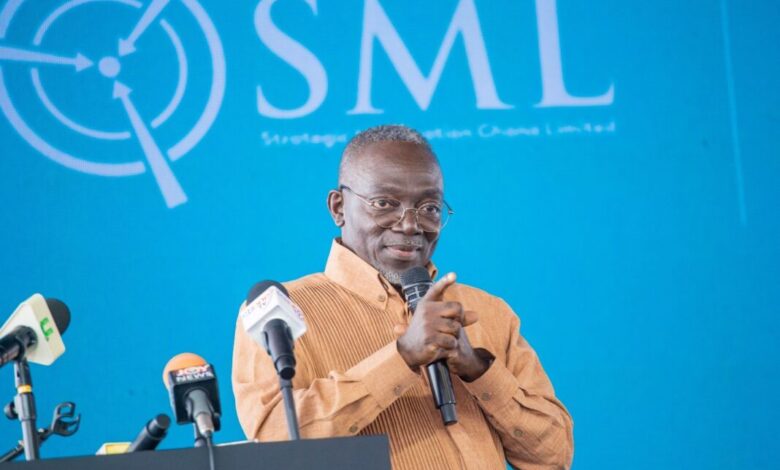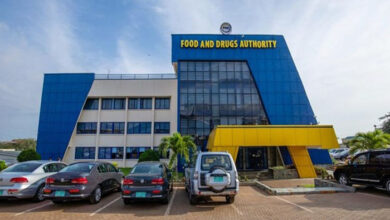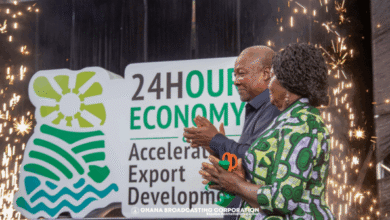
Ghana could become a major player in the fast-growing global revenue assurance market—projected to reach US$18.93 billion by 2034—if it scales and exports homegrown technologies like the Strategic Mobilisation Ghana Limited (SML) platform, according to Professor Douglas Boateng, a renowned expert in supply chain governance.
Speaking at SML Ghana’s fifth anniversary celebration in the petroleum downstream sector, Prof. Boateng described SML’s multi-site data capturing platform as a “generational innovation” with the potential to transform industrial governance, minimize revenue leakages, and support economic growth across Africa.
“This is more than a revenue assurance tool,” Prof. Boateng stated. “It’s a strategic asset for data sovereignty, transparency, and accountability—something the continent can export, not just explain.”
A Growing Global Opportunity
The global revenue assurance industry was valued at US$6.37 billion in 2024 and is expected to grow at a compound annual rate of 11.51%, reaching nearly US$19 billion by 2034. Prof. Boateng stressed that Ghana has an opportunity to tap into this momentum.
“As revenue systems become more complex, the need for real-time, reliable data is critical. With platforms like SML’s, Ghana can lead Africa’s entry into this global space,” he noted.
He added that in a data-driven world, national sovereignty is increasingly defined by the ability to capture, manage, and act on real-time data, which in turn enables long-term socio-economic development.
Real Impact, Proven Results
According to Prof. Boateng—who has followed SML’s progress in consultation with experts from the UK, Canada, South Africa, and the U.S.—the company’s fused platform is the first of its kind operating at scale in an emerging economy. As of Q3 2024, it remains unmatched in its capacity for multi-site, real-time data capture.
The platform’s effectiveness has already been acknowledged by the Ghana Revenue Authority (GRA), which credits it with improving revenue assurance processes. A KPMG report has also confirmed SML’s positive contributions.
Since its deployment in May 2020, SML’s system has helped increase the taxable monthly volume of petroleum products from an average of 208 million litres to 450 million litres. This surge translated to 14.1 billion litres in additional volume captured and over GH¢20 billion in extra tax revenue by the end of 2024.
Wider Applications and Export Potential
Beyond petroleum, the platform has applications in sectors ranging from telecoms and petrochemicals to water infrastructure. Prof. Boateng believes this versatility positions Ghana to export the technology across Africa and globally.
“This is Ghana’s moment. SML is not just a success story—it’s a strategic blueprint for African innovation, industrial accountability, and economic transformation,” he concluded.



